Congratulations on receiving your offer!
We’re delighted to offer you a place at Northeastern University London. Please select your level of study below.
Undergraduate Offer Holders
Access everything you need to accept your offer and prepare for your BA, BSc, or LLB degree programme. Register for offer holder days to visit campus and meet current students and staff.
Find key dates, course and teaching information, accommodation options, and information about fees, funding, and visa requirements. Our Admissions team is here to support you every step of the way.


Postgraduate Offer Holders
Access the information you need to inform your decision on your offer to study your MA or MSc programme with us. Connect with faculty members in your department to discuss your specialist subject and research opportunities and find out how to make the most of your master’s degree.
Explore key dates, accommodation, and details about fees, scholarships, and visa applications. We’re here to support your transition to master’s degree study at Northeastern University London.


